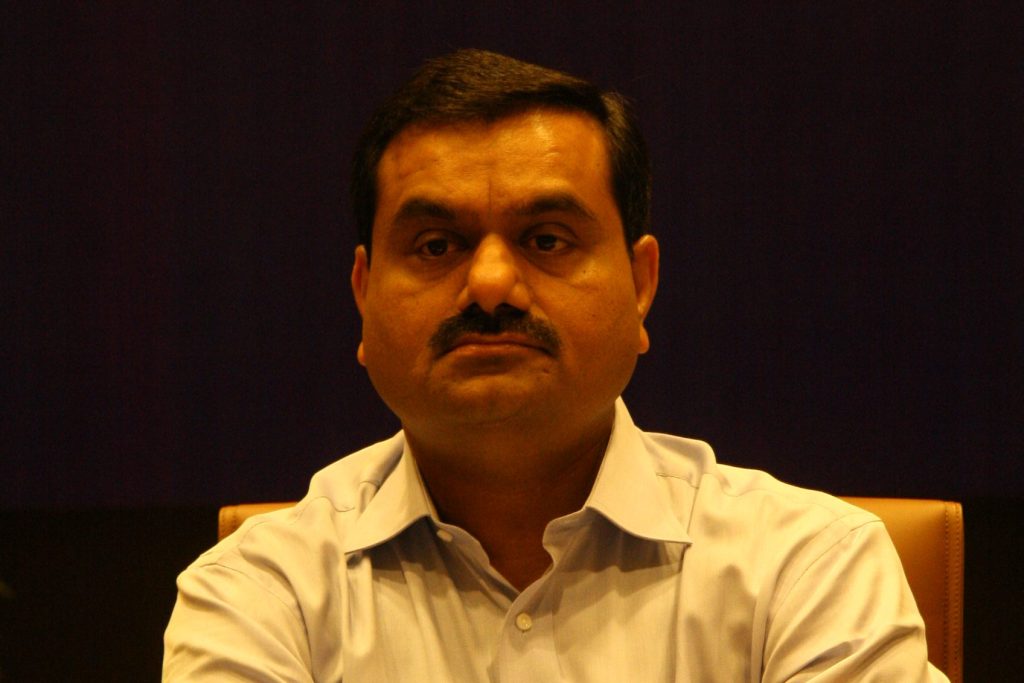Its focus is the relationship between the crypto industry and English soccer clubs, but it contains much that will be of wider interest to financial services regulation professionals.
Calladine’s central contention is that, at best, the soccer clubs that marketed crypto schemes to their fans didn’t know what they were pushing. At worst, people were misled, and the true nature of what was being sold was concealed. His analysis involves considerations of due diligence, ethics, responsibility to customers and brand reputation that will be of interest to anyone connected with compliance, regulation, and the crypto industry.
Crypto is the central focus here, but despite the book’s subtitle it isn’t an anti-crypto tract. Calladine is certainly a sceptic, but he’s not entirely dismissive, and alongside the compliance questions it’s the sections on the crypto industry that regular GRIP readers will find most interesting.
There is, says Calladine, potential value in blockchain technology for companies that want to build relationships with customers and develop their business proposition. That’s particularly true for sports clubs which have traditionally failed to engage or monetise international audiences as much as domestic or event-attending ones. But, as he illustrates with numerous examples, the crypto industry doesn’t always help itself.
“I believe that what happened during those giddy days of the crypto bull market represents a massive scandal.”
“When you first encounter any crypto scheme, you’re immediately struck by the attitude of existing users,” he writes early in the book. “By turns, they are likely bombastically triumphant at the inevitability of the project’s success, exultant at the returns that have already been delivered and furiously angry at even the mildest criticism of the project.”
It was the need to project a positive image that led the crypto industry to sport – something that engages billions around the globe. In particular, the industry was attracted to sports clubs, specifically teams in high-profile leagues such as England’s Premier League, because of the passionate customer loyalty, often based on longstanding ties of community and history, they inspire. Crypto wanted some of that to rub off, and English soccer was in search of an alternative income stream now that the tide was turning on gambling sponsorship.
But, argues Calladine, the clubs often didn’t know what it was they were selling or endorsing. And when it became clear what they were endorsing was a highly volatile commodity that represented a serious risk for anyone investing in it or with it, they either downplayed it or pretended they’d never endorsed it in the first place.
“I believe that what happened during those giddy days of the crypto bull market represents a massive scandal,” writes Calladine. “Many football clubs abused their positions and, in some cases, turned a blind eye to the unsuitable nature of the people and projects they were endorsing, with the result that investors lost billions of pounds.”
“Existing users … are likely bombastically triumphant at the inevitability of the project’s success, exultant at the returns that have already been delivered and furiously angry at even the mildest criticism.”
This isn’t just a tale of clubs not understanding crypto. It’s also a tale of a failure of due diligence at a most basic level. One club, English Premier League champions Manchester City, signed a deal with a company that didn’t exist. Another helped promote a scheme promising annual returns of 43% – something any vaguely financially literate person would label pure fantasy. Another continued to push a scheme when it knew it was unsound.
It’s not, incidentally, just English soccer clubs that fell for wild claims. In the US, a decentralised autonomous organisation (DAO) was set up with the intention of buying out the Denver Broncos. Its proposition was that it could persuade one in every four adults in the US to contribute $50.
This, then, is a tale from what has been called the Wild West of the finance sector, and one which underlines the need for effective and agile regulation in the financial and sporting arenas. It’s also a challenge to those who see a future for crypto as a genuine business proposition to get their house in order.
No Questions Asked is available online, and we will feature an extract from the book tomorrow. Next week, Martin Calladine will be our guest on the GRIP podcast.













